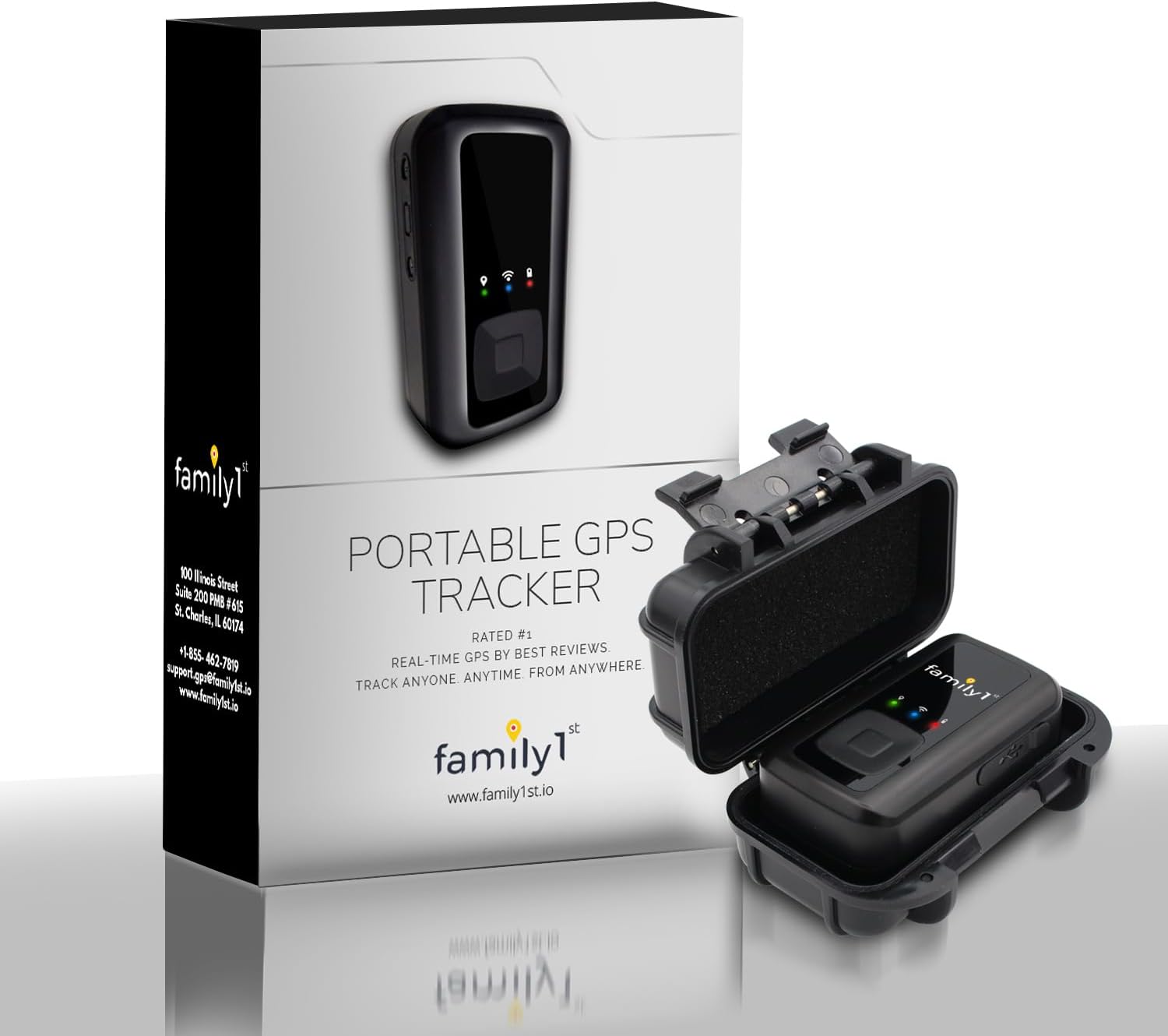Worried about your car’s whereabouts? Want peace of mind knowing your teen driver is getting to school safely? Or perhaps you’re a fleet manager needing to optimize routes and track vehicle usage? Then you’ve probably heard about GPS trackers for cars, and you’re in the right place to learn all about them.
What is a GPS Car Tracker?

A GPS car tracker is a small device that uses GPS (Global Positioning System) technology to pinpoint the location of your vehicle in real-time. It works by receiving signals from multiple GPS satellites, calculating its precise position on Earth, and transmitting this data to a central server. You then access this information through a user-friendly app or website, allowing you to see where your car is at any given moment.
Think of it like a digital breadcrumb trail for your vehicle. But instead of breadcrumbs, you have a constant stream of location data, often supplemented with other helpful information.
Types of GPS Car Trackers
GPS trackers aren’t all created equal. They vary in features, size, power source, and installation methods. Here are some common types:
Plug-in Trackers:
These are the easiest to install. They plug directly into your car’s OBD-II port (On-Board Diagnostics), usually located under the dashboard. They’re generally smaller and require no hardwiring.
Hardwired Trackers:
Hardwired trackers require professional installation. They’re connected directly to your car’s electrical system, providing a more reliable power source and making them harder to detect or remove.
Magnetic Trackers:

These trackers are small and easily attached magnetically to the underside of your vehicle. They offer a discreet option, but may be more prone to detachment or signal interference.
Key Features to Look For
Choosing the right GPS tracker involves considering several key features:
- Real-time Tracking: This is the most basic feature, showing your car’s current location.
- Historical Data: Allows you to see where your car has been over a specific period.
- Geofencing: Set up virtual boundaries. Receive alerts if your vehicle enters or leaves a designated area.
- Speed Alerts: Get notified if your car exceeds a predetermined speed limit.
- Towing Alerts: These alert you if your vehicle is moved unexpectedly.
- Battery Backup: Ensures the tracker continues to function even if your car’s battery is disconnected.
- Mobile App: A user-friendly app makes it easy to access and manage your tracker’s data.
Why Use a GPS Tracker?
The reasons for using a GPS tracker are diverse and depend on individual needs. Here are some common use cases:
- Fleet Management: Optimize routes, improve efficiency, and reduce fuel costs.
- Teen Driver Safety: Monitor driving habits and ensure safe driving practices.
- Stolen Vehicle Recovery: Quickly locate and recover your stolen vehicle.
- Employee Monitoring: Track company vehicles and ensure they’re being used appropriately.
- Personal Vehicle Security: Gain peace of mind knowing the location of your vehicle at all times.
Choosing the Right GPS Tracker for You

The best GPS tracker depends on your specific needs and budget. Consider the features listed above and how they align with your priorities. Read reviews, compare prices, and look for a reputable brand with excellent customer support.
Comparison with Competitors:

(Note: This section would require specific competitor analysis, including details on their respective features, pricing, and customer reviews. This would involve researching brands such as Spytec, Linc, and others available in the market. Due to the dynamic nature of the market, this information would need to be updated regularly.)
Practical Advice for Users
Once you’ve chosen and installed your GPS tracker, here are some tips for optimal use:
- Read the Manual Carefully: Understand all the features and how to use them effectively.
- Test the Tracker: Ensure it’s functioning correctly and you can access the data.
- Regularly Check the Battery: Ensure the tracker has sufficient power.
- Keep the App Updated: Benefits from bug fixes and new feature implementations.
- Review your Privacy Settings: Understand how your data is being collected and used.
GPS car trackers offer a wealth of benefits, from enhanced security to improved fleet management. By understanding the various types, features, and use cases, you can choose the right tracker to meet your specific needs. Remember to do your research, compare options, and select a reputable brand to ensure a positive experience.


